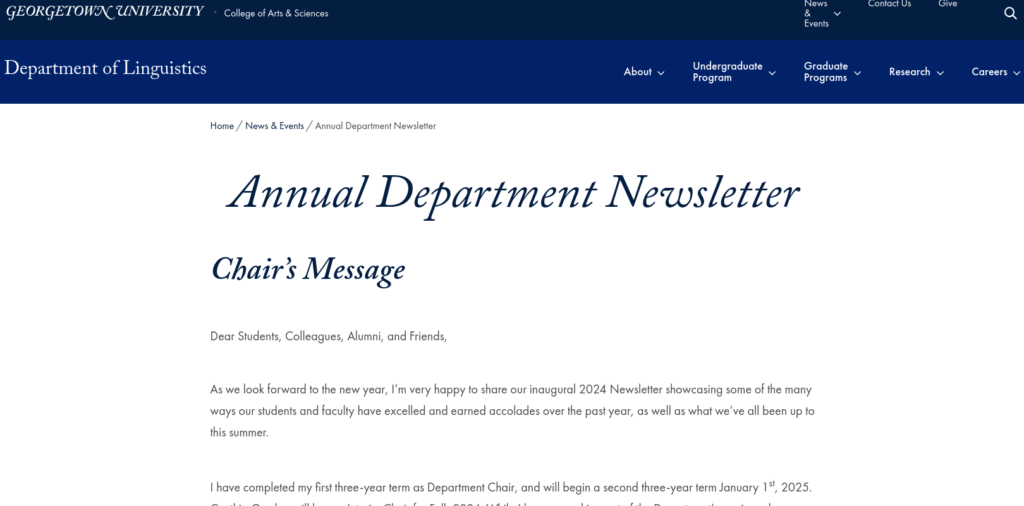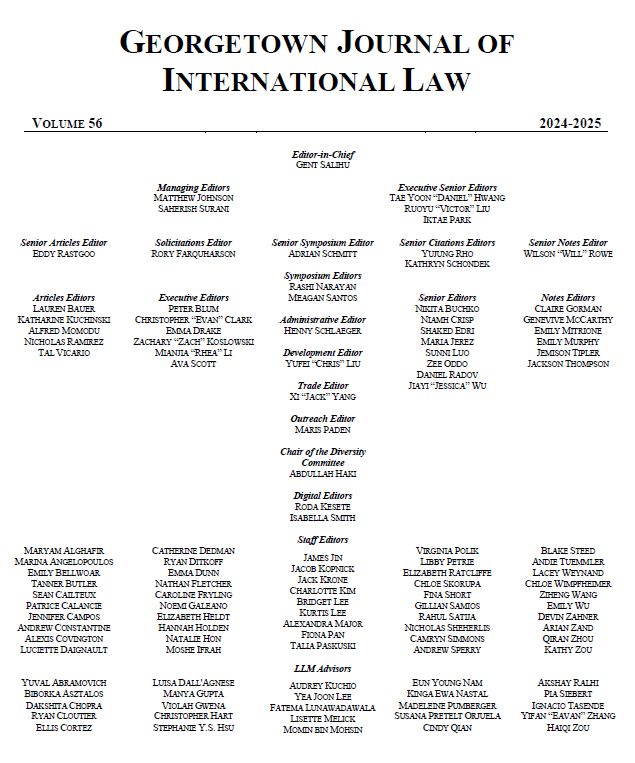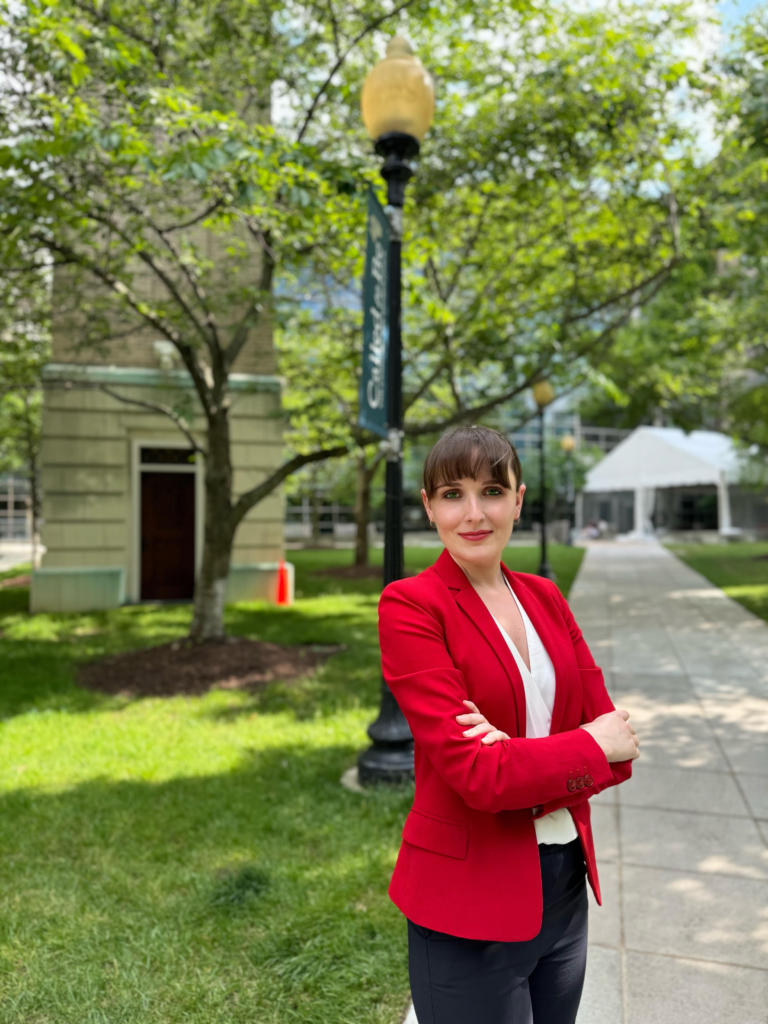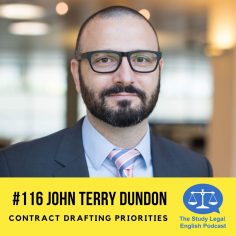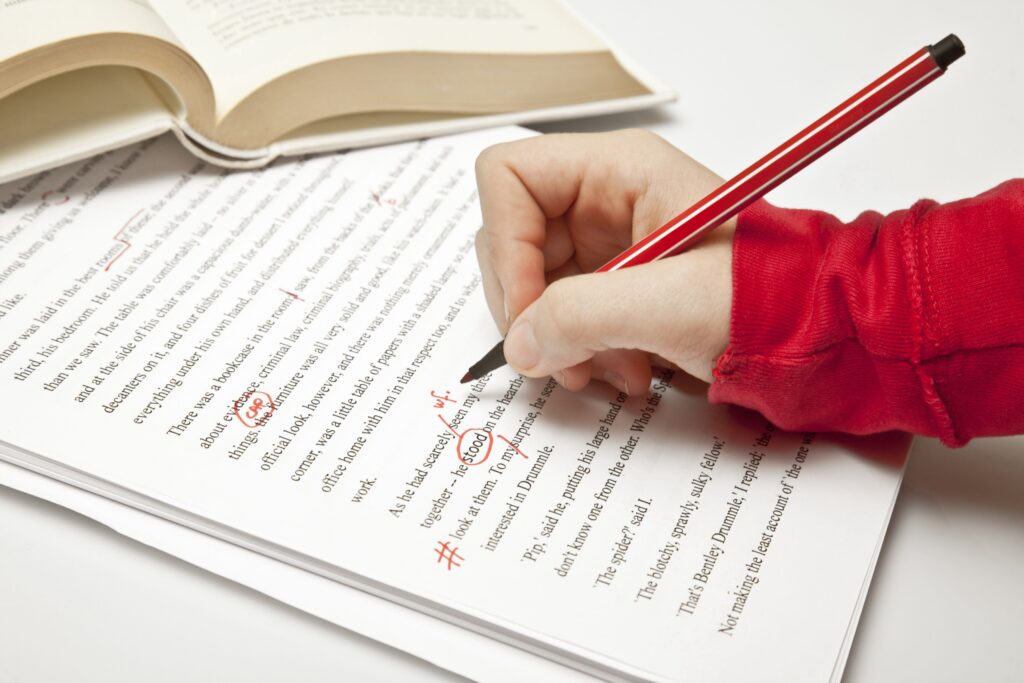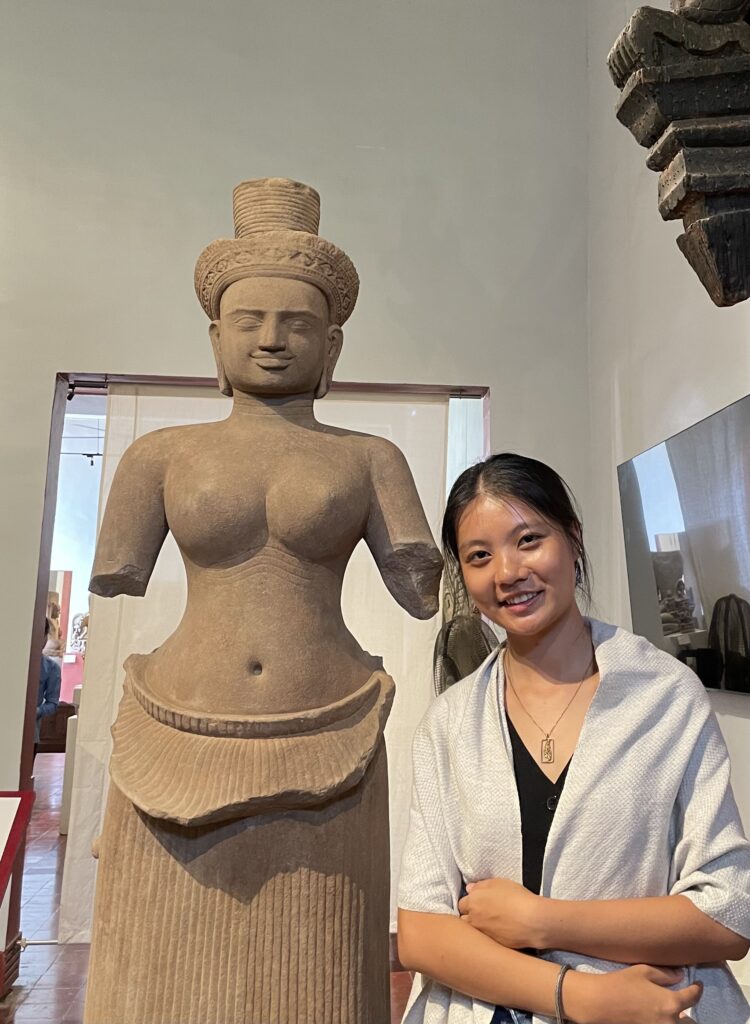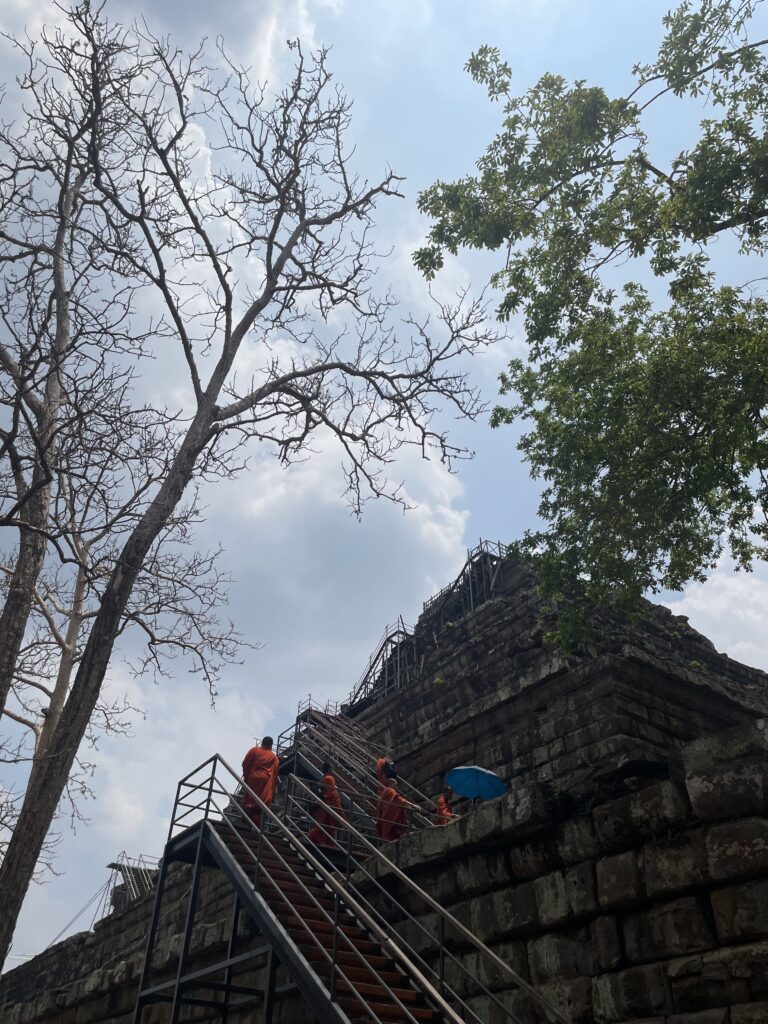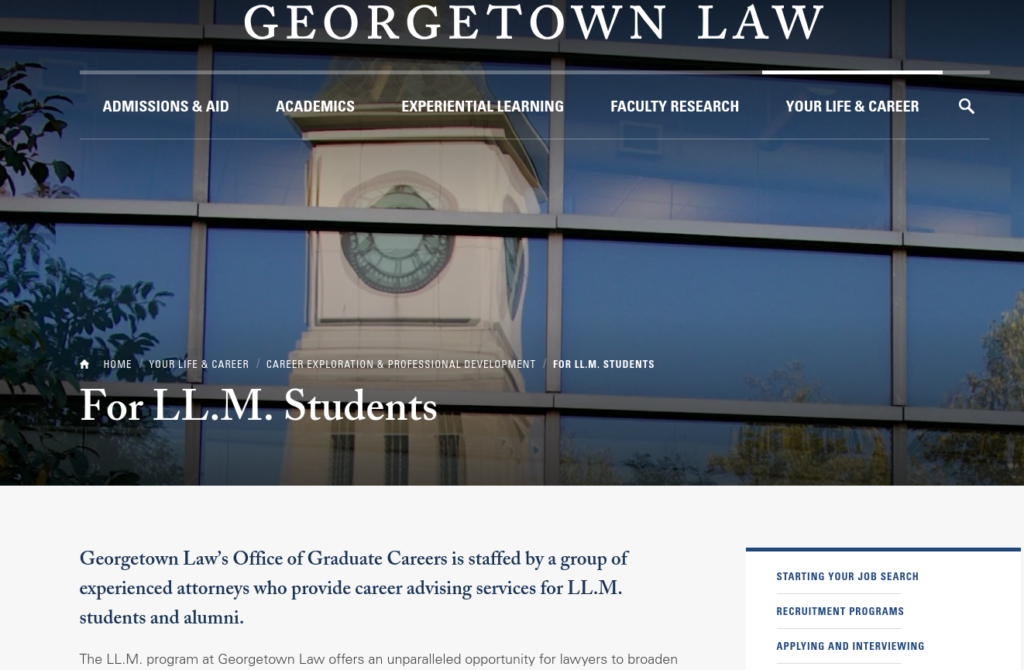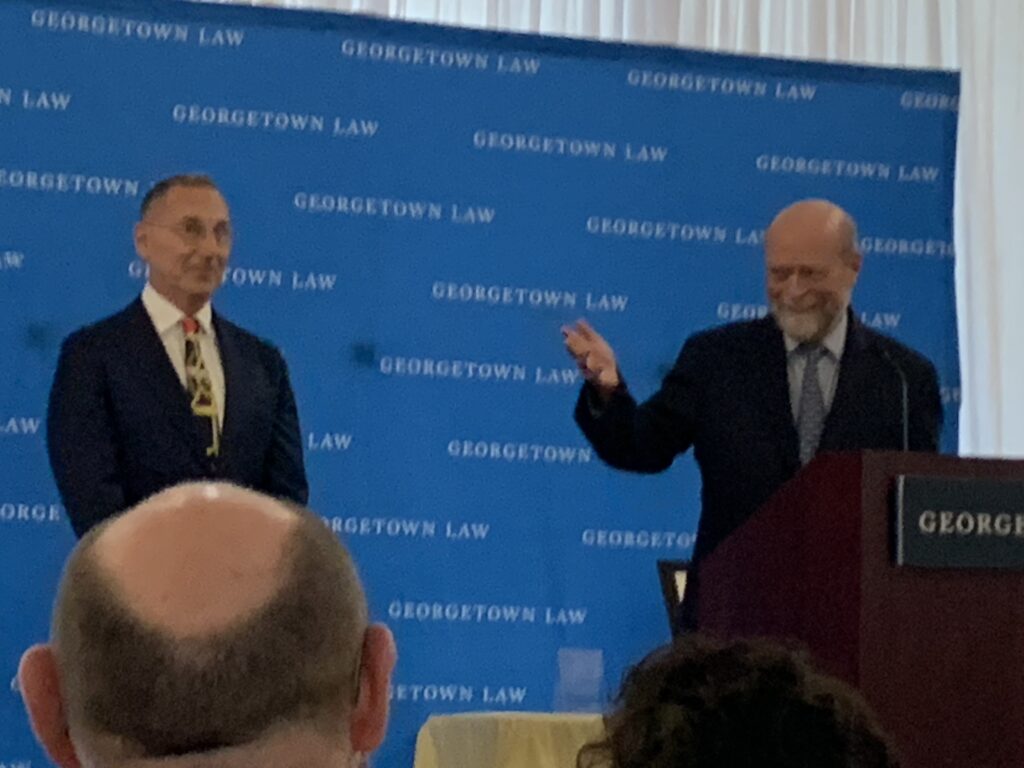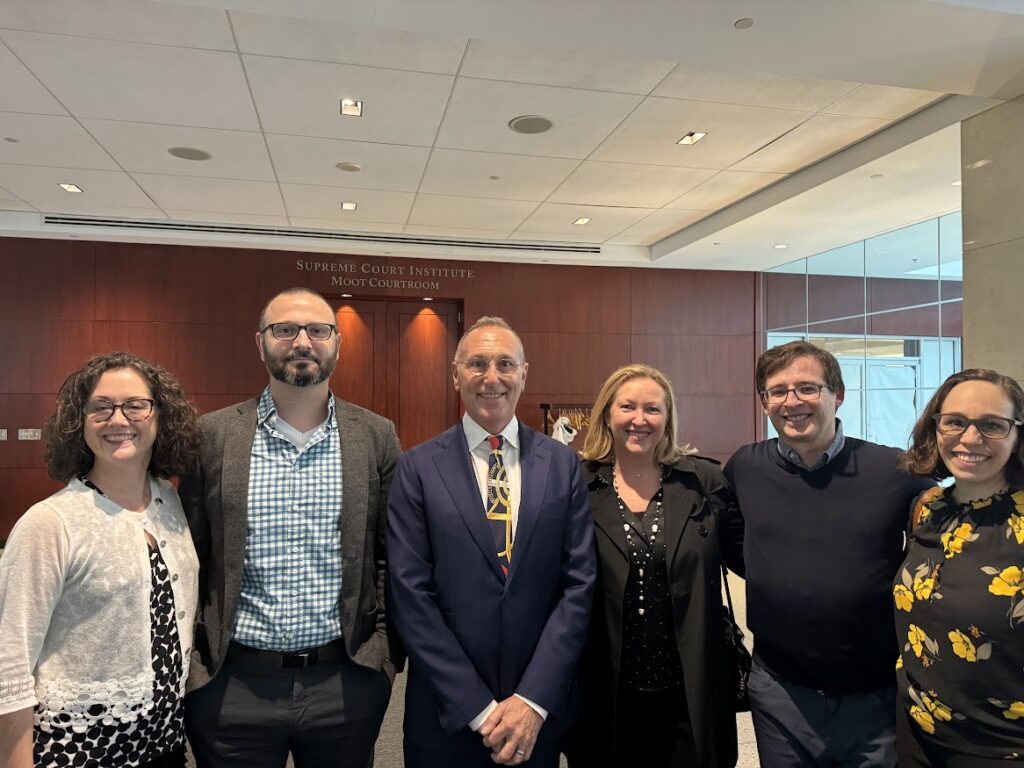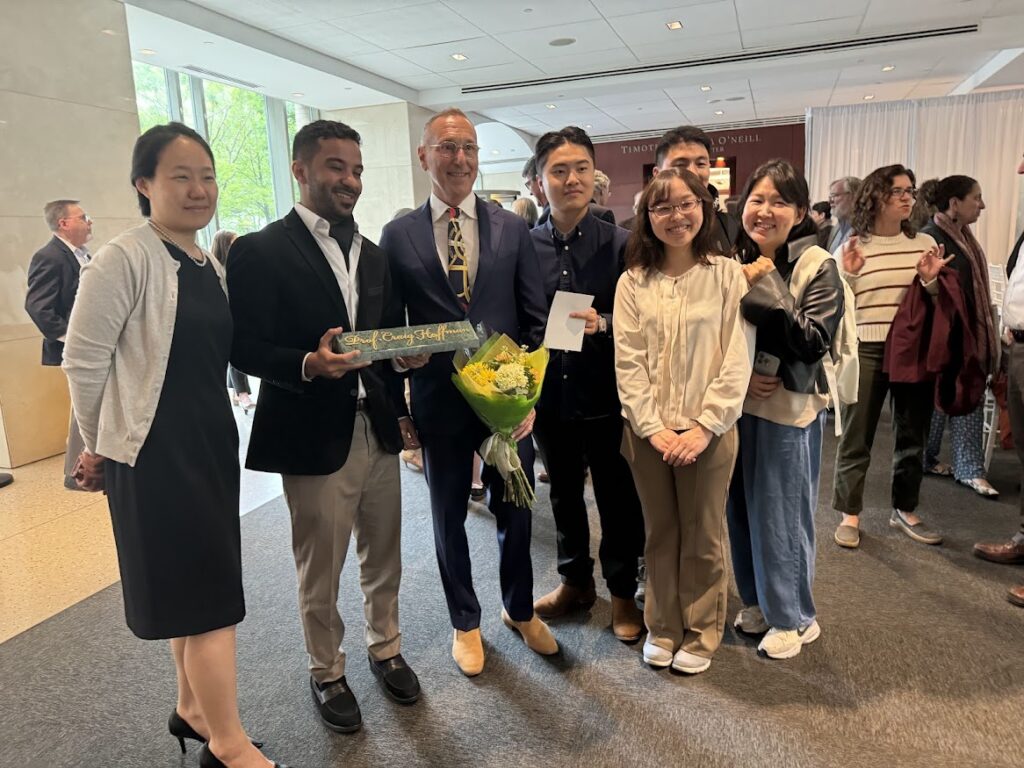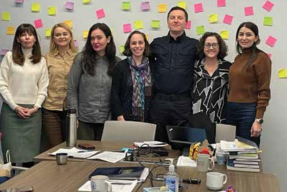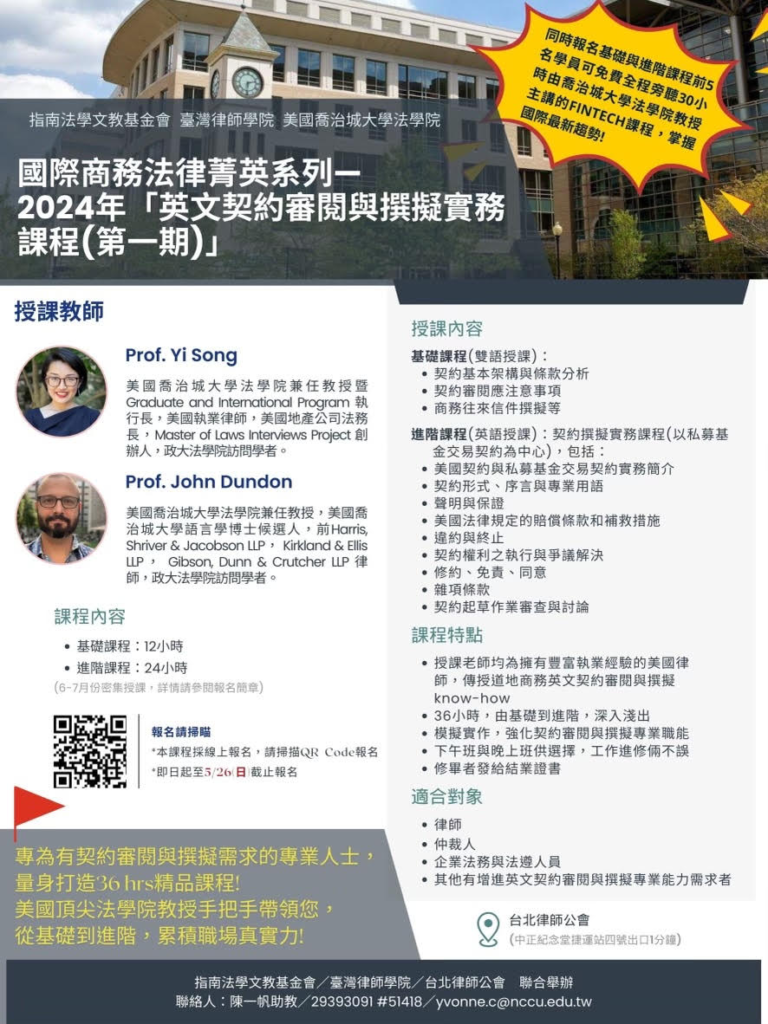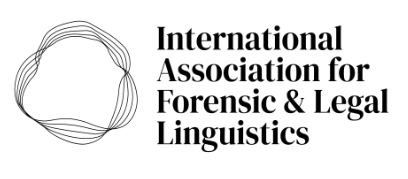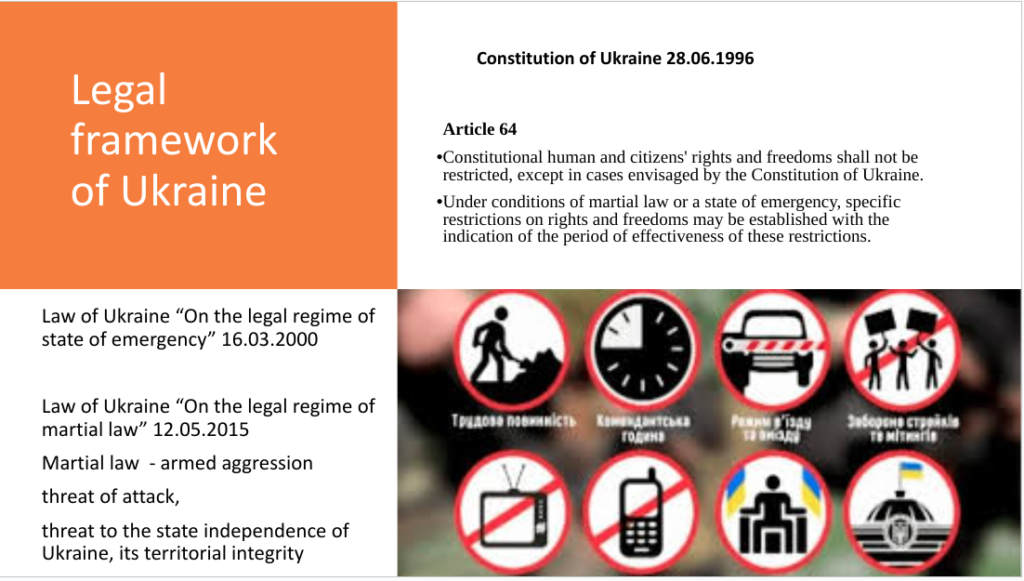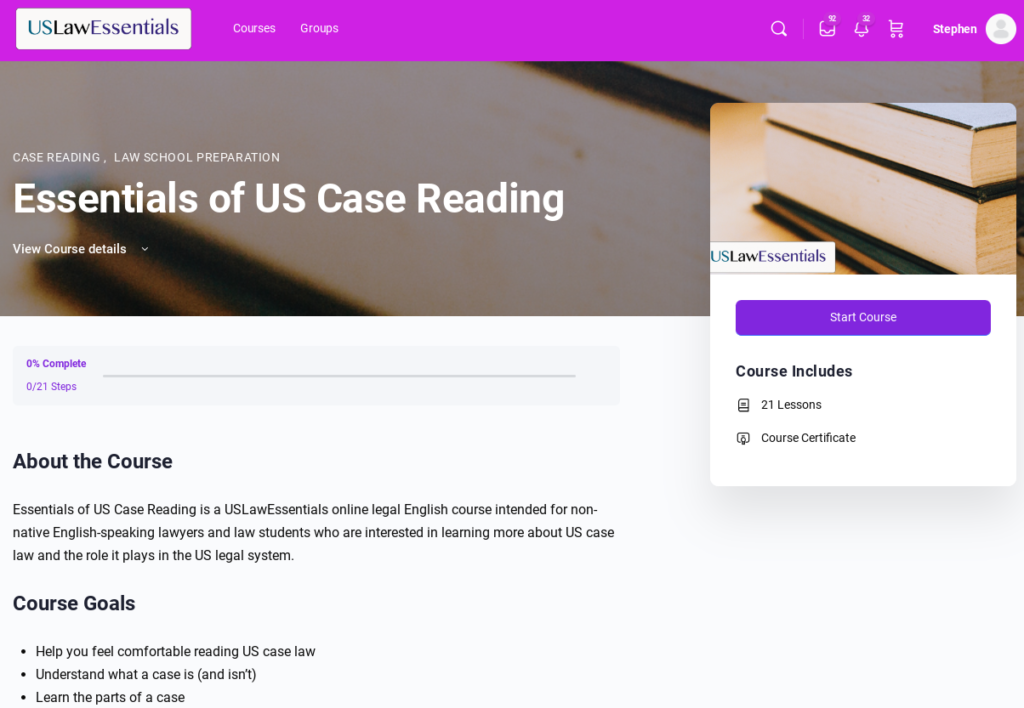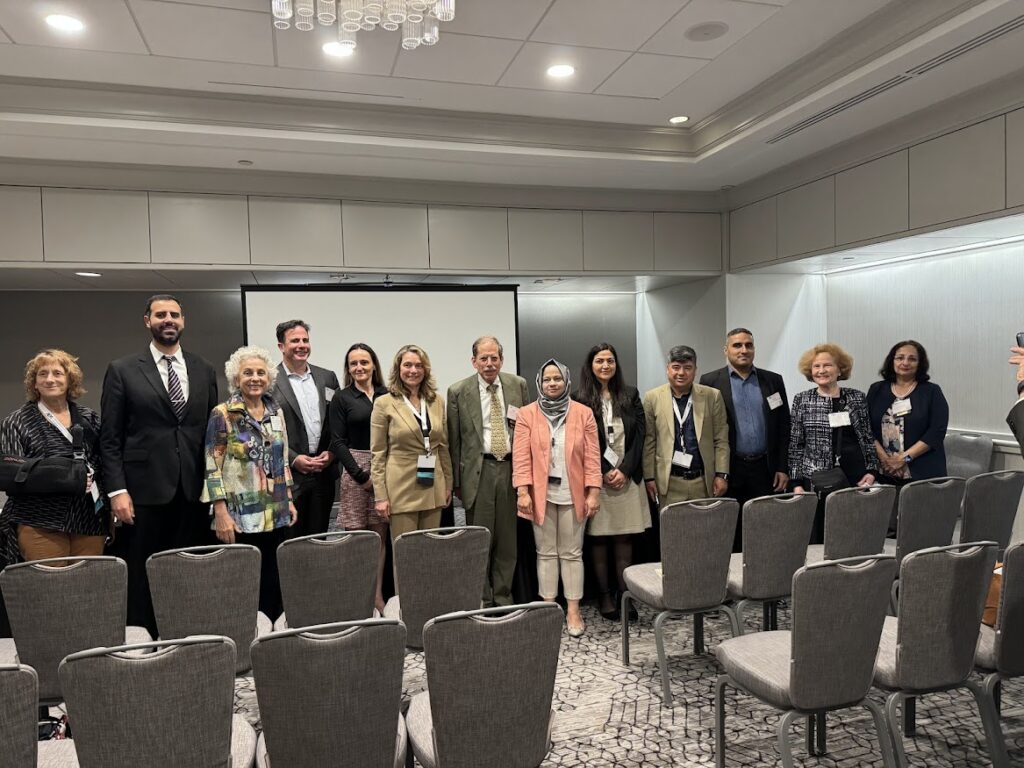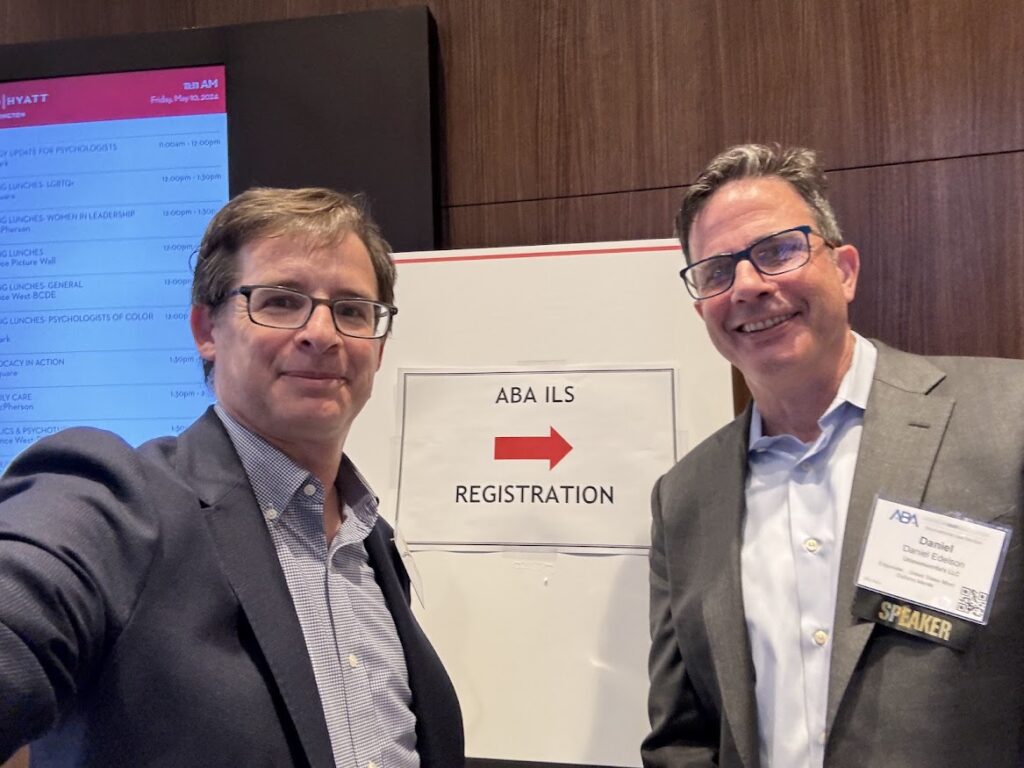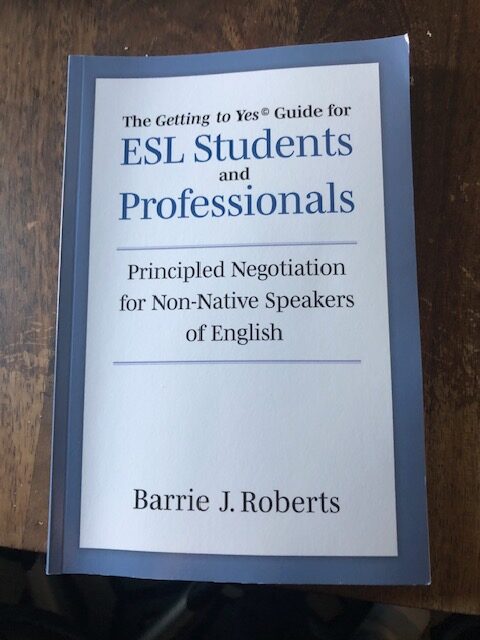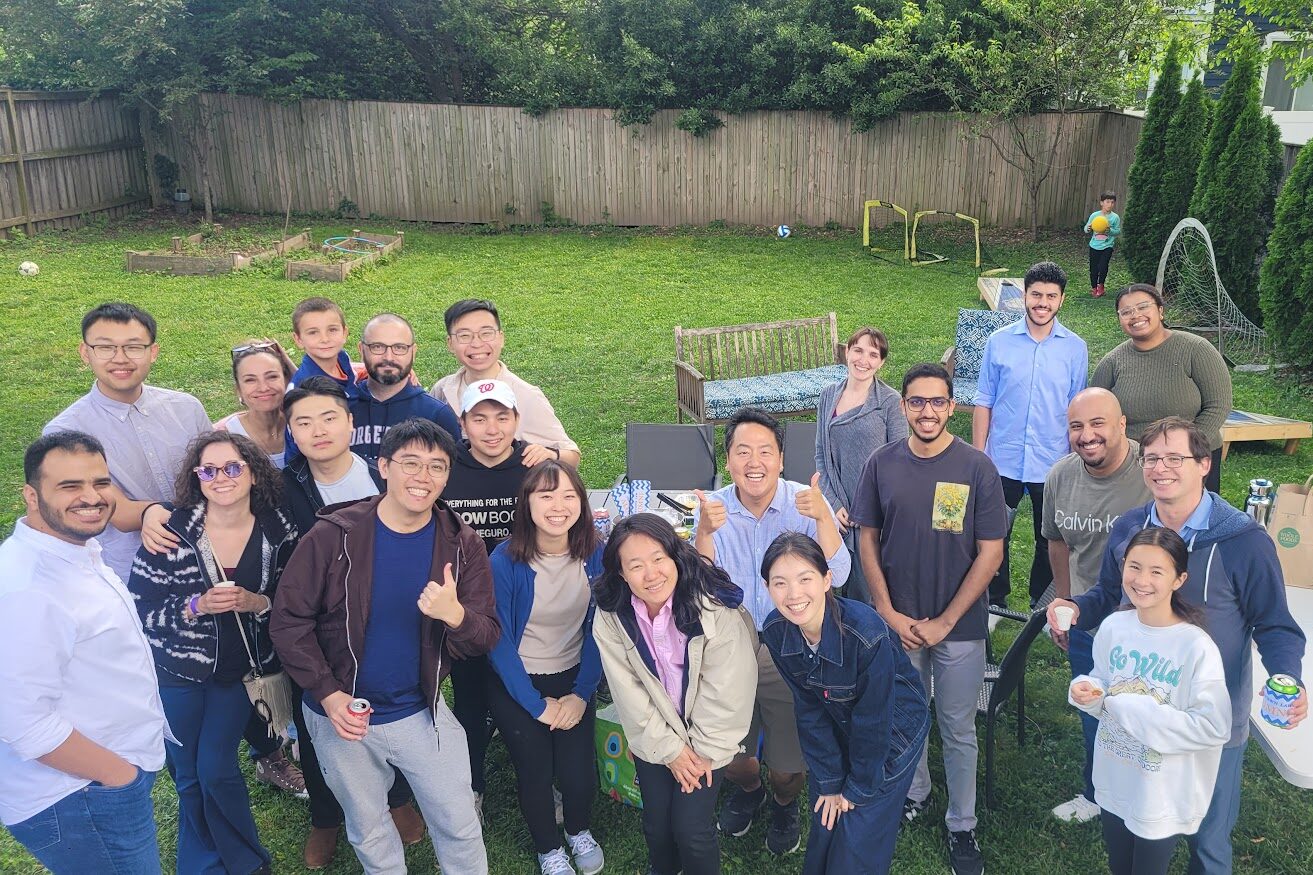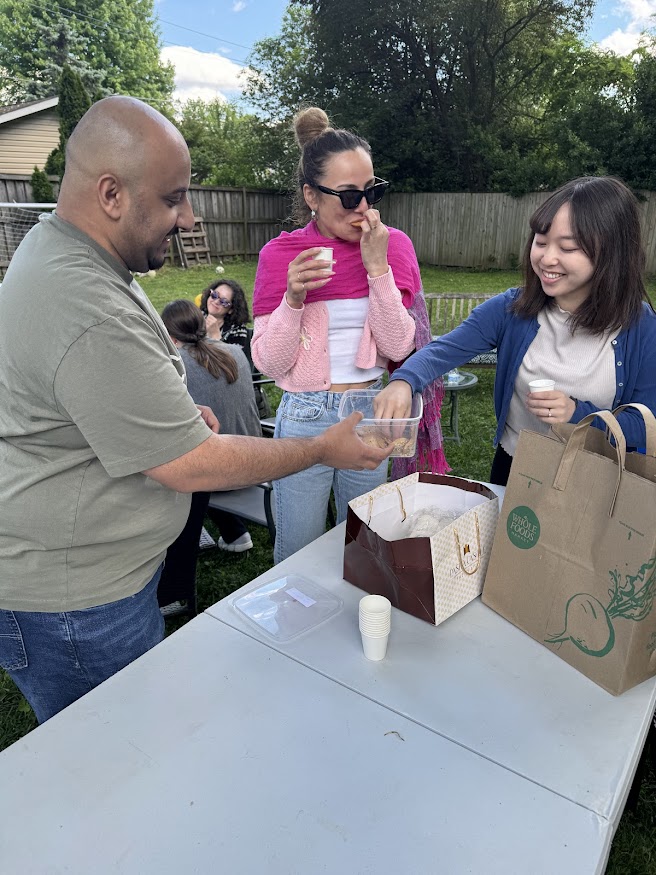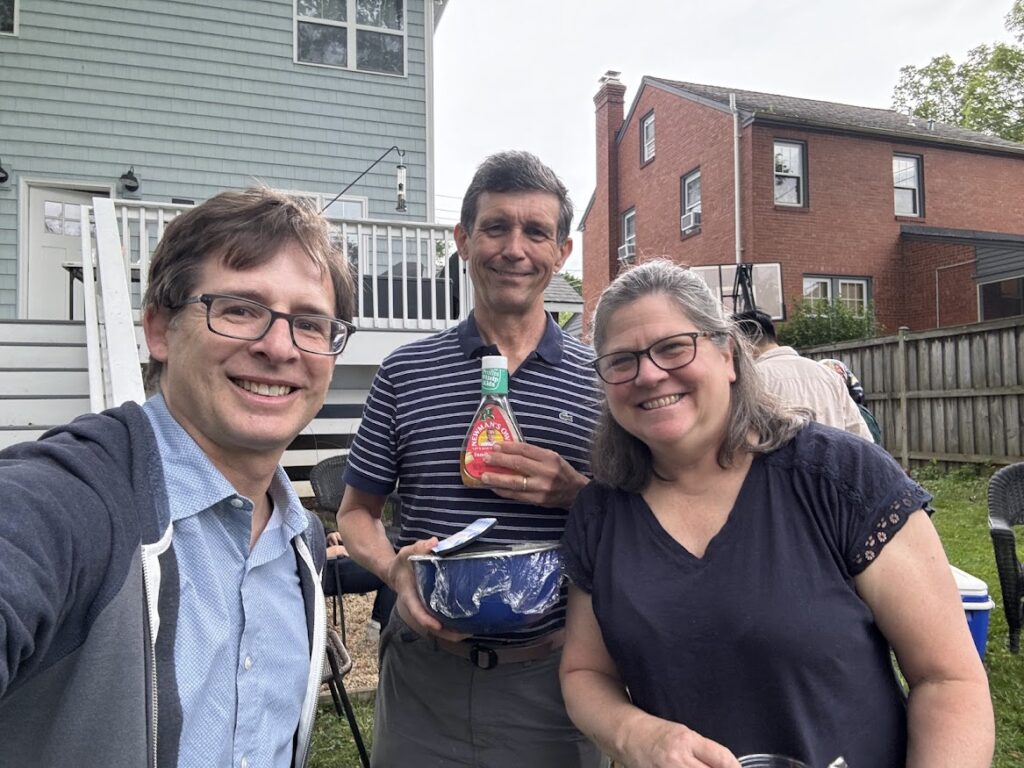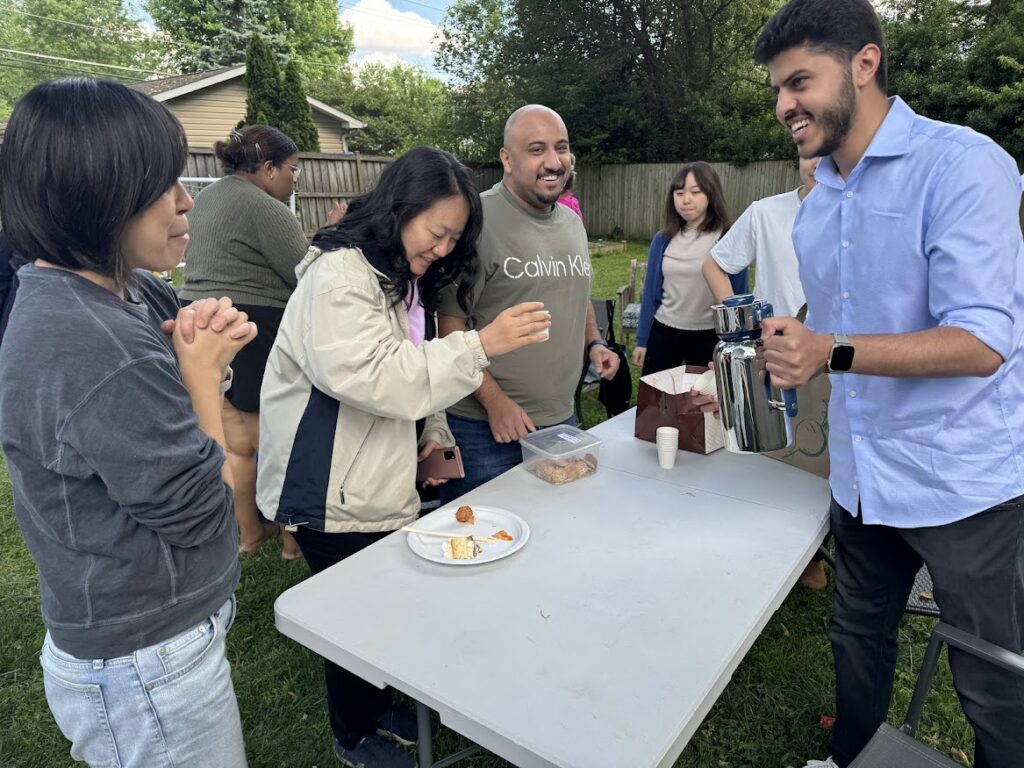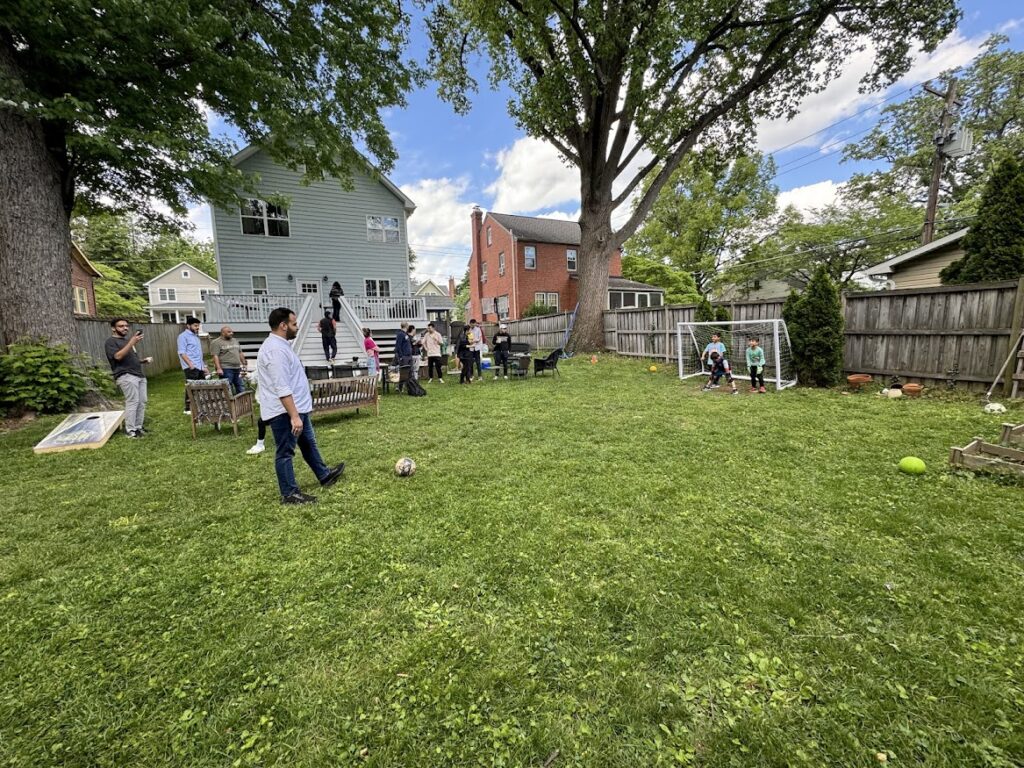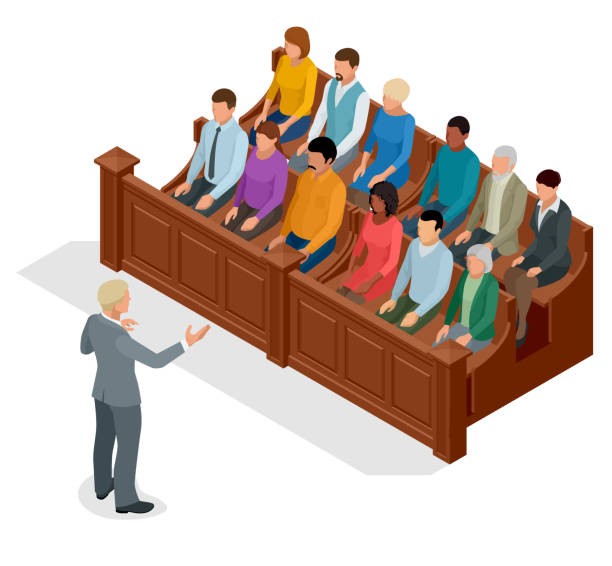Post by Stephen Horowitz, Lecturer of Legal English
Here’s what the Georgetown Legal English faculty have been up to since the end of the spring 2024 semester….
****************
Ben Cheng
Returning from parental leave, Prof. Cheng is set to teach sections of Legal English I and Professional Responsibility this fall. Additionally, he is working on a new Legal English Negotiations curriculum for the spring 2025 semester.
John Dundon
Professor Dundon had a busy summer, which started with his teaching an Advanced Contract Drafting class to LL.M. students at IE Law School in Madrid, Spain. It was his fifth summer teaching at IE Law, and he always feels very honored to be there – the school community is very welcoming, and the students themselves are always extremely impressive.
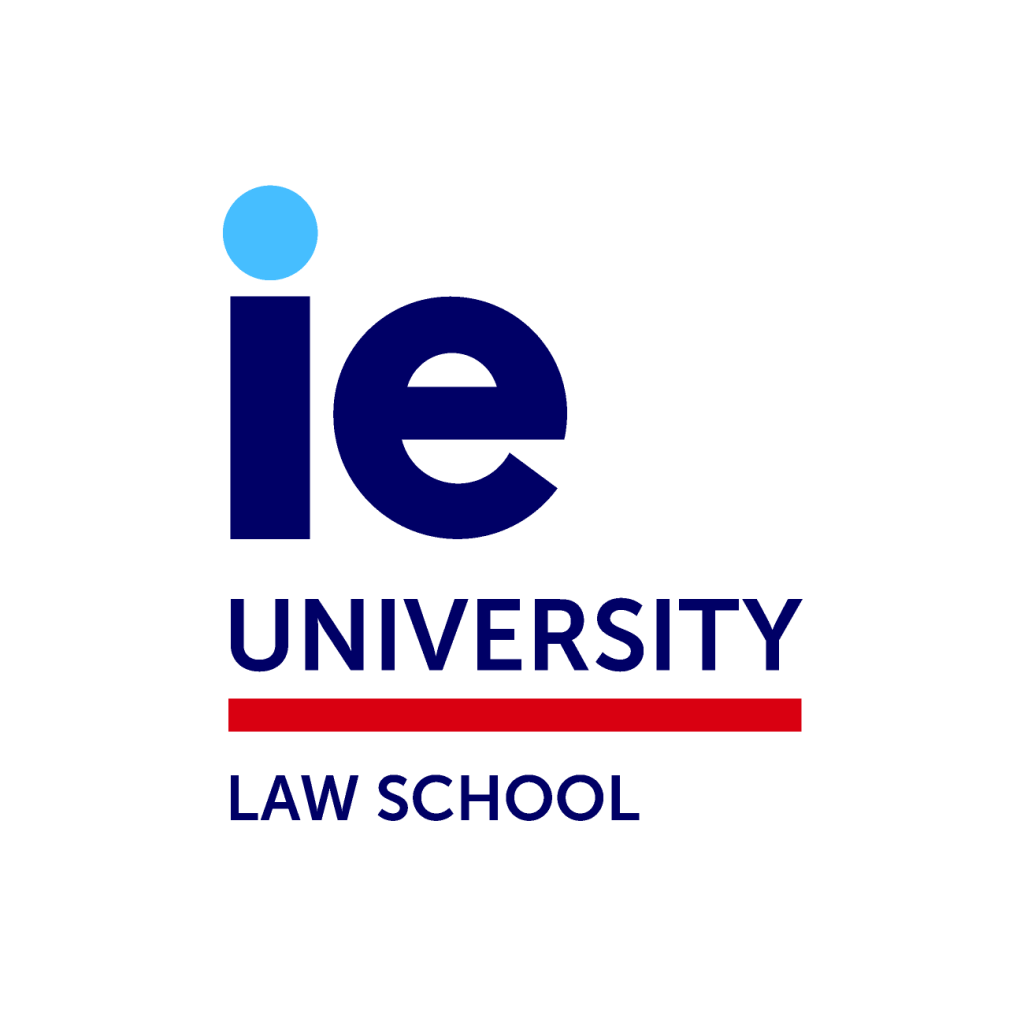
Next, Professor Dundon presented his research at two linguistics conferences in the United Kingdom: the i-Mean 7 Conference on Meaning in Social Interaction in Bristol, and then the 5th European Conference of the International Association for Forensic & Legal Linguistics in Birmingham. His first presentation was an explanation of procedural and evidentiary rules in U.S. trials that can affect linguistic analysis of trial testimony. The second presentation summarized Professor Dundon’s recent research about how U.S. Supreme Court Justices and attorneys at oral arguments sometimes speak “on behalf” of institutions and clients, and how this phenomenon manifests in linguistic features.
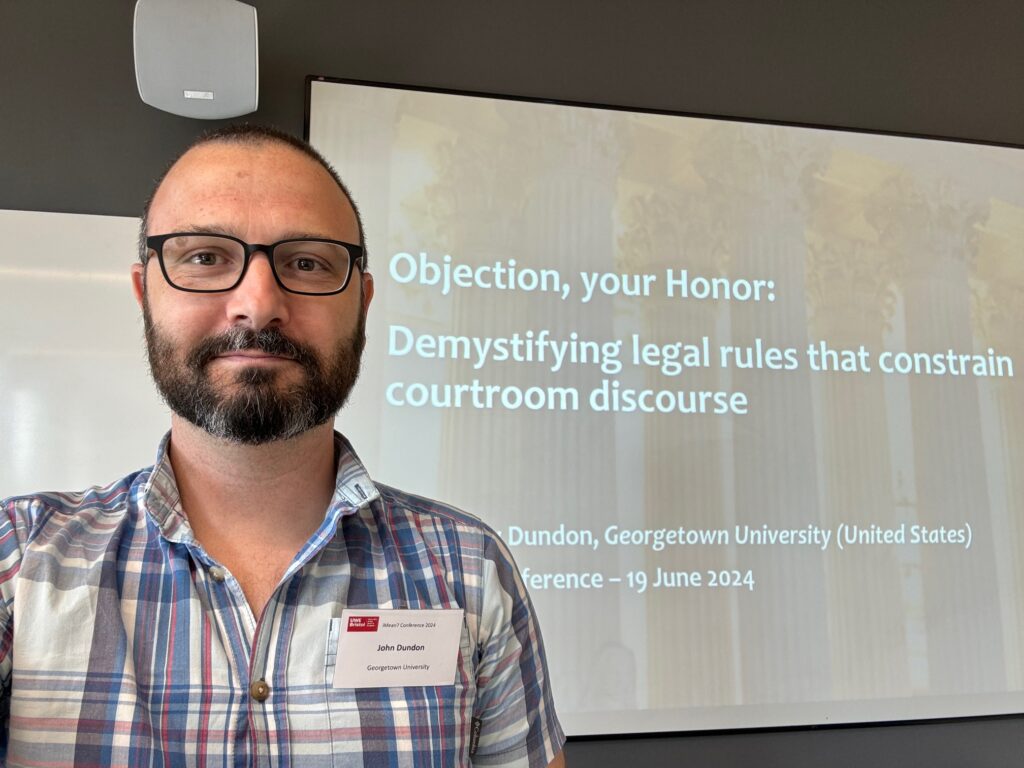
Professor Dundon then spent a month in Taiwan, teaching Contract Drafting in English to law students at the National Chengchi University College of Law and practicing attorneys at the Taipei Bar Association. It was one of his largest-ever classes (over 100 students), and Professor Dundon learned an incredible amount about the Taiwanese legal system from his students. He’s been invited back for a similar program next year and hopes to expand the course offerings to cover additional material.
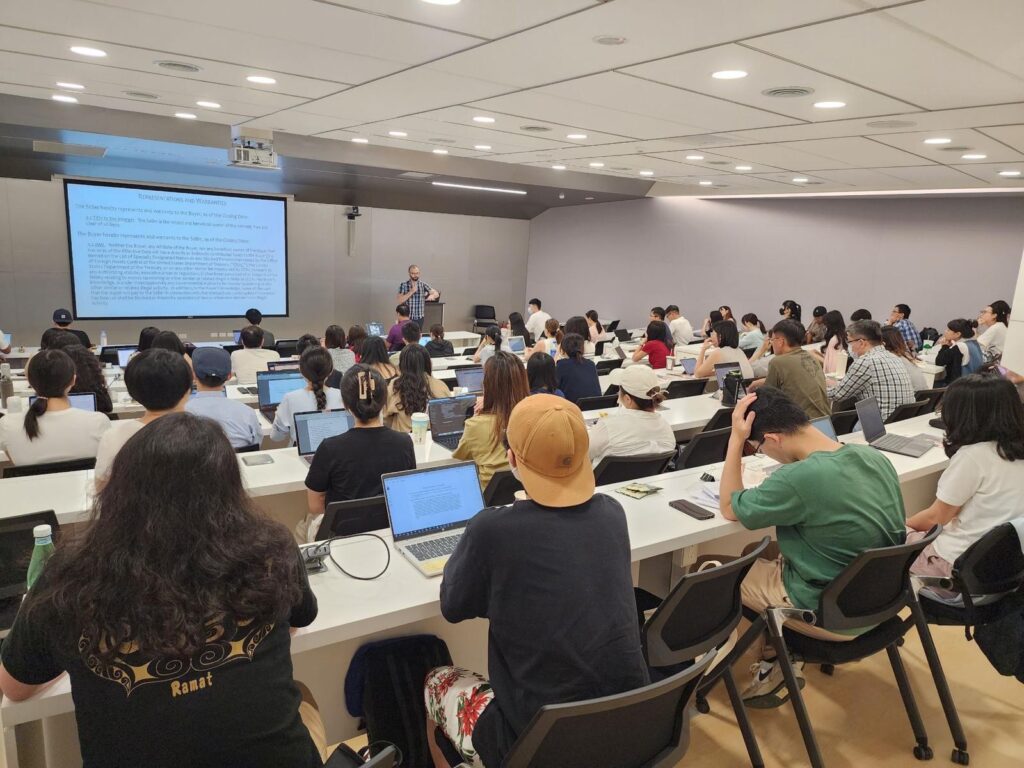
Finally, Professor Dundon taught U.S. Legal Research, Analysis & Writing in Georgetown Law’s Summer Experience Program for entering LL.M. students.
Heather Weger & Julie Lake
It is hard to believe that the summer is almost over! We have several personal and professional highlights to share.
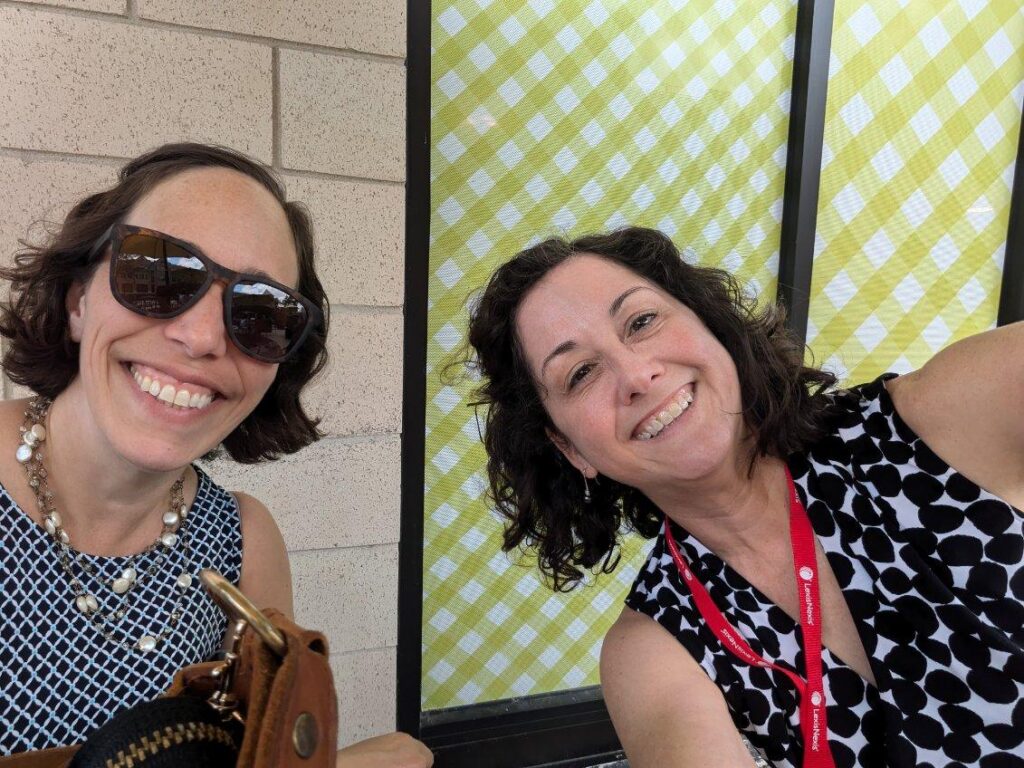
Vacations & Family Time
Since our last blog post, we took time to relax with our respective families.
Professor Julie Lake spent much of the summer with family and friends in Cape May (New Jersey), Chapel Hill (North Carolina), and Philadelphia (Pennsylvania). Though the sun was in full force in Cape May (aka, the “beach”), the jellyfish prevented her from swimming in the ocean. (It is hard to conquer these lifelong fears!) She was able to spend time with her husband and daughter, watching movies and TV shows about unicorns, playing her guitar, and completing kid-friendly art projects.

Professor Heather Weger traveled to Chicago (Illinois) and Richmond (Virginia) to visit her husband’s family), and she spent time with her Mom (from Arkansas) and sister (from North Carolina) as they visited her here in DC. She also spent a week at the beach (North Carolina), binge watching the Olympics, collecting sea shells with her children, and catching up on pleasure reading. Reconnecting with family always brings a renewed sense of identity and energy!
Summer Projects

Between family trips and vacations, we have continued to refine our asset-based approach to teaching Legal English. Specifically, we presented at the Legal Writing Institute (LWI) Biennial Conference in Indianapolis in July. In our presentation, “Linguists in Law School: Rebooting Legal Education to Empower Multilingual Law Students,” we highlighted the value that multilingual law students bring to law school and showed effective pedagogical strategies to enhance their Legal English. We also enjoyed the presentations we attended, and we came away with practices ratified (e.g., mindfulness of cultural and linguistic references in teaching), new practices introduced (e.g., a new approach to cultivating creativity), and some practices overturned (e.g., unexpected ways of handling plagiarism).
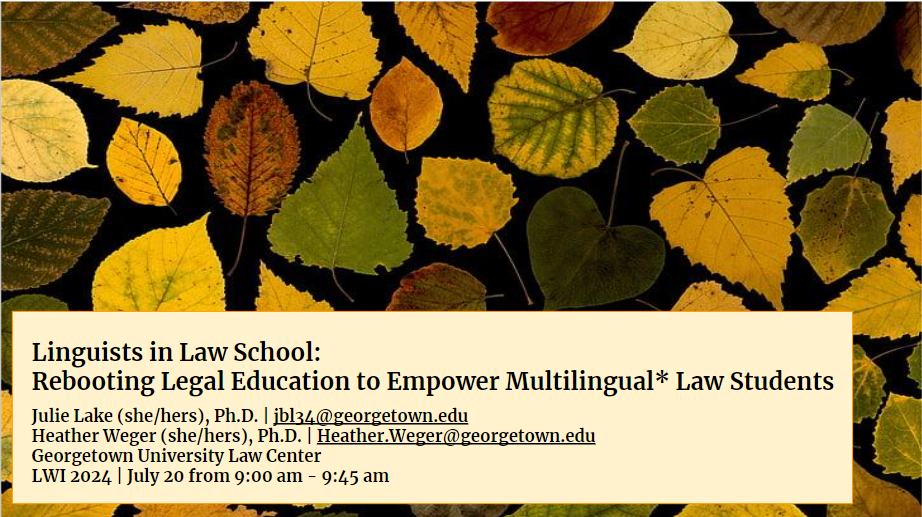
The Upcoming Academic Year
We look forward to another academic year with the Two-Year LL.M. program!
We are offering a newly designed course to the Two-Year LL.M. students, Academic Legal English: Special Topics, which engages students in experiential learning to enhance their oral communication skills, grammar skills, and professional language skills. The course topics include:
- Reflecting on Legal English Skills
- Listening to a Law School Lecture
- Optimizing Study Strategies for Law School
- Using (& Not Using) Generative AI in Law School
- Participating in and Facilitating Law School Discussions
- Using Grammar in Legal Contexts: Conditionals
- Writing Academic and Professional Emails
- Exploring the Scholarly Writing Genre
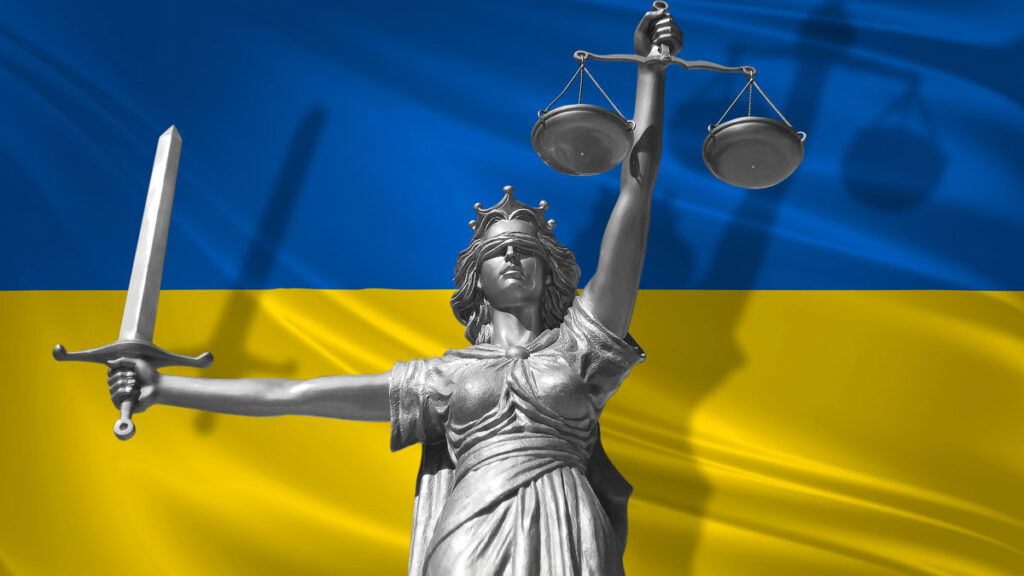
We also look forward to some exciting upcoming projects with our legal English colleagues at several Ukrainian law schools.
- We will continue to participate in the monthly working group with Ukrainian linguists teaching in the law context.
- We are working on designing and delivering a writing retreat for colleagues at the National University of Kyiv-Mohyla Academy in December 2024.
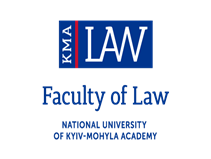
As we reflect on its evolution over since 2008, we are proud of the quality legal English curriculum that the team has developed. We welcome the new cohort of students and look forward to staying in touch with the students in their second year!
Stephen Horowitz
16th Global Legal Skills Conference (Bari, Italy; June 6-8, 2024)
Had a fantastic and productive experience at the 16th Annual Global Legal Skills Conference in Bari, Italy where I presented on the topic: “Making Legal English Accessible: Ukraine, Afghanistan & the US Bar Exam.”
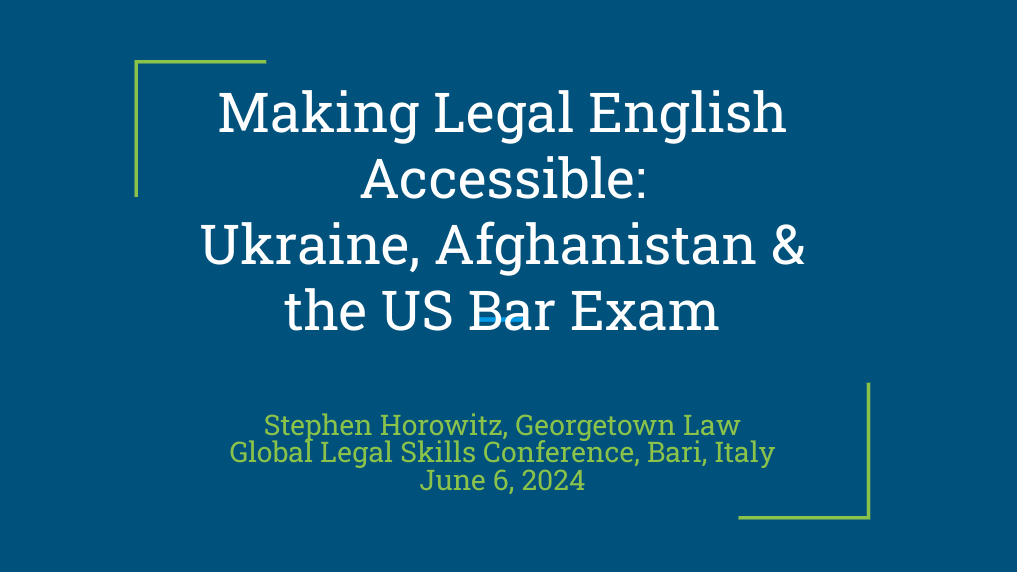
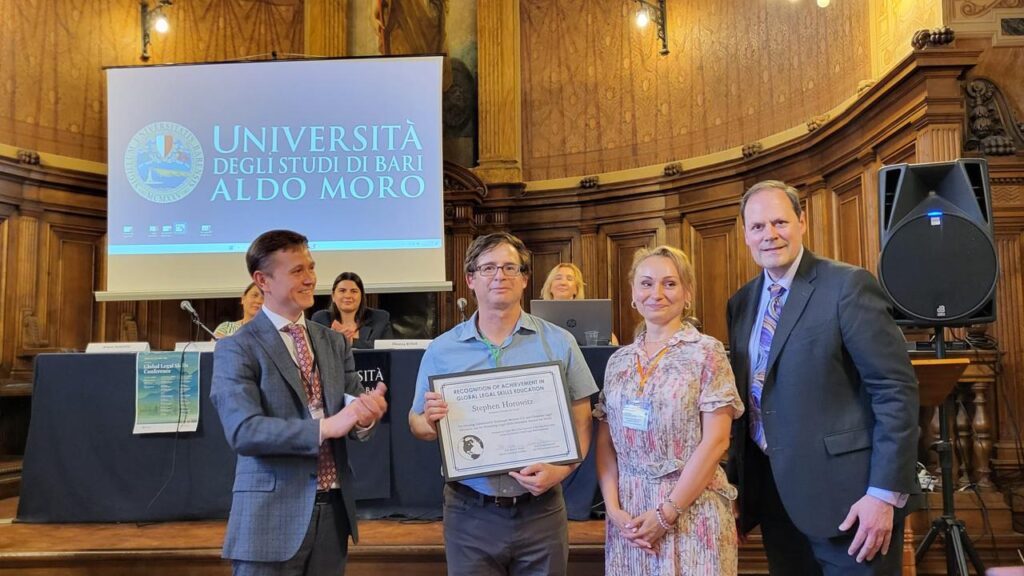
I was also extremely honored to receive an “Individual Award”Recognition of Achievement in Global Legal Skills Education” award from the Global Legal Skills Institute for “creating collaborative exchanges between US and Ukrainian Legal Educators and for Promoting Legal Skills Education Around the World.”
The other fantastic part was getting to meet so many wonderful members of the Global Legal Skills community in person, including Mark Wojcik, David Austin, Lurene Contento, Chantal Morton, Kim Holst, Artem Shaipov, Louise Kulbicki, Natasha Costello, Claudia Amato, Lindsey Kurtz, Susan Dudley, John Thornton, Shelly Saltzman, Bythia Loudon, Kateřina Chudová, and many others. And particularly special was getting to finally meet in person Ukrainian law professors Oksana Kiriiak (Yuriy Fedkovych Chernivtsi National University) and Nadiia Maksimentseva (Oles Gonchar Dnipro National University), who had both been active participants in all of the legal English trainings over the past year.
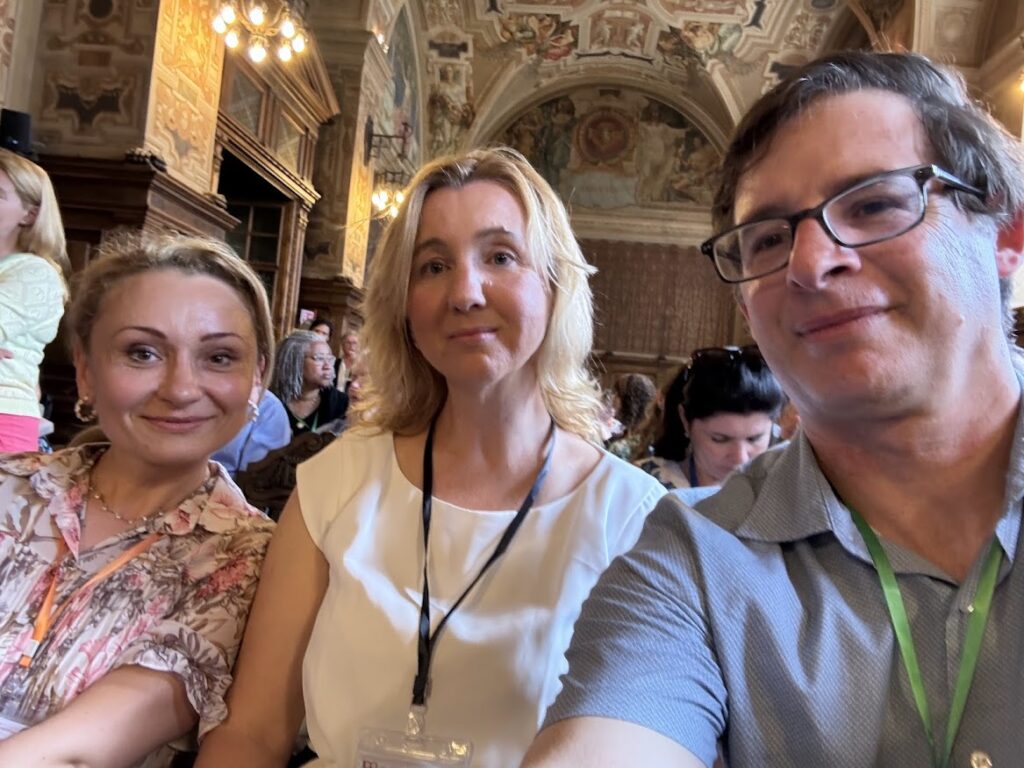
Fact of the day: The bones of St. Nicholas (aka Santa Clause) are buried in the Basilica of Saint Nicholas in Bari. And thanks to a recommendation from a friend, I just started reading an amazing novel of historical fiction titled Nicked by M.T. Anderson which is set in Bari which tells the somewhat fictionalized story of how Santa’s bones ended up there.
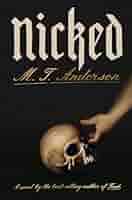
Sri Lanka
Flew to Sri Lanka to lead workshops on legal English curriculum development for the University of Colombo and University of Jaffna in connection with USAID’s Efficient and Effective Justice (EEJ) Program in Sri Lanka. Also met with faculty from the Open University of Sri Lanka and University of Peradeniya to lay the groundwork for legal English curriculum support. Similar to the situation in Ukraine, law schools in Sri Lanka are in the process of moving to English-only curriculum.
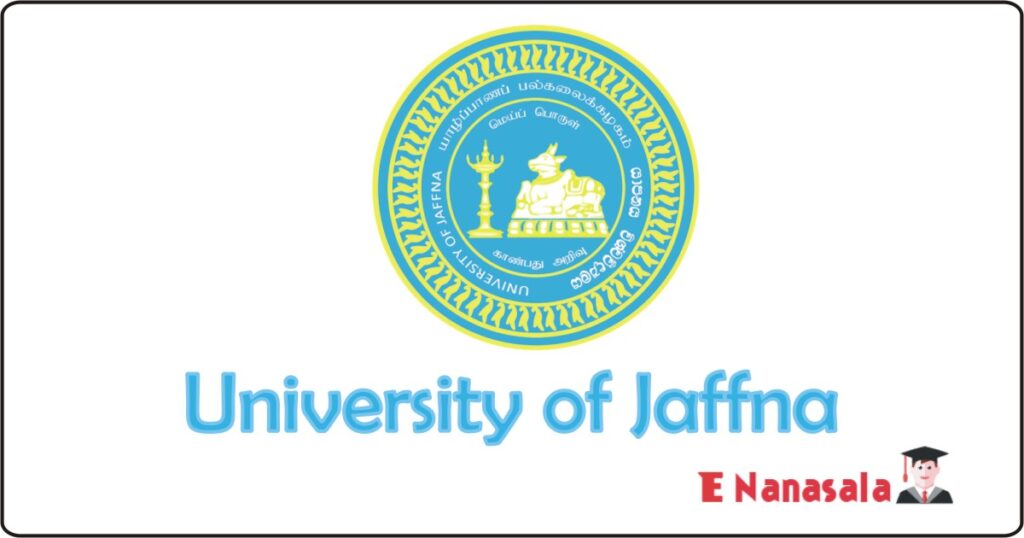
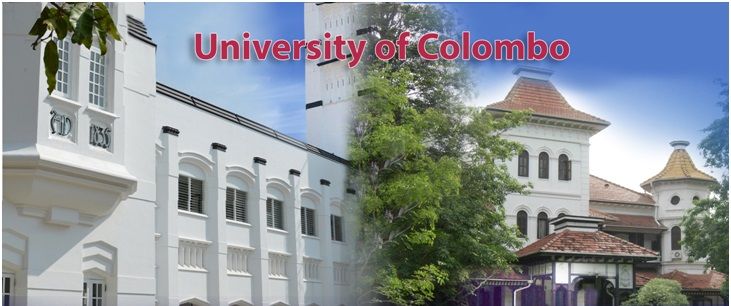
Ukraine
- Initiated conversations with Georgetown Law faculty to establish a sort of umbrella “Ukraine legal support” group within the Georgetown Law community in order to identify and connect the various people and entities within the law school that have been involved with providing law-related support to Ukraine. The goal is to be able to increase opportunities for collaboration and info sharing and also establish a central point of contact for inquiries, events, getting involved, etc.
- Looking forward to re-starting the weekly Legal English Conversation sessions for Ukrainian law and legal English faculty that I’ve run for the past year. In each session, some subset of the 30+ Ukrainian faculty members and 30+ US/EU faculty members join and are paired off in breakout rooms for legal English conversation. (If interested in being added to the list of volunteers, please feel free to email me at stephen.horowitz@georgetown.edu.)
- Looking forward to continuing to support the organization of Legal English trainings for Ukrainian law and legal English faculty.
- Looking forward to continuing to support the Kyiv-Mohyla Academy Peer-to-Peer Writing Project, which matches KMA students with American law students, including several from Georgetown Law for all three semesters the program has run so far.
ABA Afghan Legal Professionals Scholarship & Mentoring Pilot Program
Continued providing the online self-guided pre-LLM legal English program for fellows in the ABA Afghan Legal Professionals Scholarship & Mentoring Pilot Program. The course, which I co-created, is hosted on the USLawEssentials learning management system. The course is made available for free to all fellows in the program who have completed the legal English assessment designed by Prof. Lindsey Kurtz (Penn State Law), Prof. Dan Edelson (Seton Hall Law), and me last year to support the ABA Pilot Program.
The International Jurist
Was quoted in the article “Legal English Bridges law and language for foreign-educated LLM students,” written by Joshua Alter (Associate Dean of International Programs at Northwestern Pritzker School of Law) which appeared in The International Jurist June 21, 2024.

Bar Exam Support for LLM Students
*Once again co-taught with Prof. Daniel Edelson (Seton Hall Law) a 4-week bar essay skills course (for MEE and MPT) this summer through USLawEssentials using a “pay what you can” model to make legal English bar support accessible to all LLM students who need it.
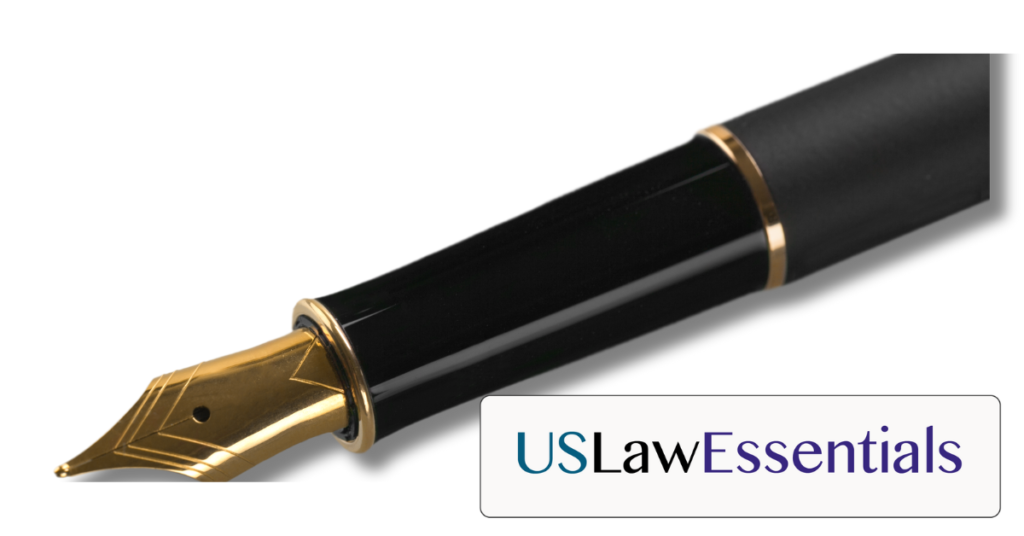
Online Legal English
Continued my annual tradition of teaching part of the summer pre-LLM English for American Law School course for incoming LLM students at St. John’s Law School. After leaving St. John’s in 2020, I collaborated with Daniel Edelson to create an online version of the summer legal English program in St. John’s Canvas system. The course content, which we designed to be used as both a synchronous or self-guided course, helps students learn the basics of the US legal system, US law school culture, legal writing, and case reading and analysis.
Fall 2024 Semester
Excited to be teaching sections of both Legal English and US Legal Research & Writing this semester to the Two-Year LLM students this fall semester!

